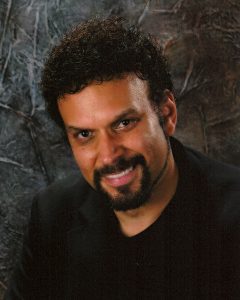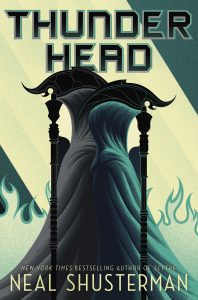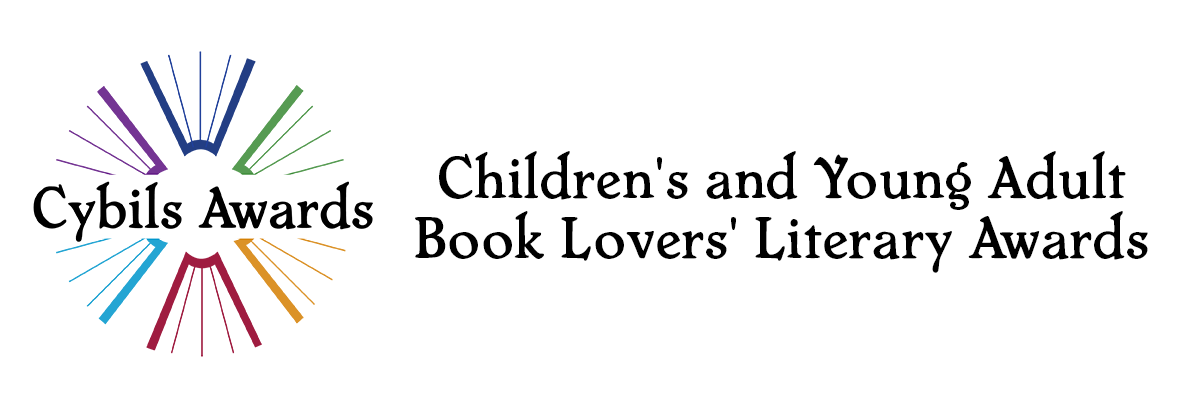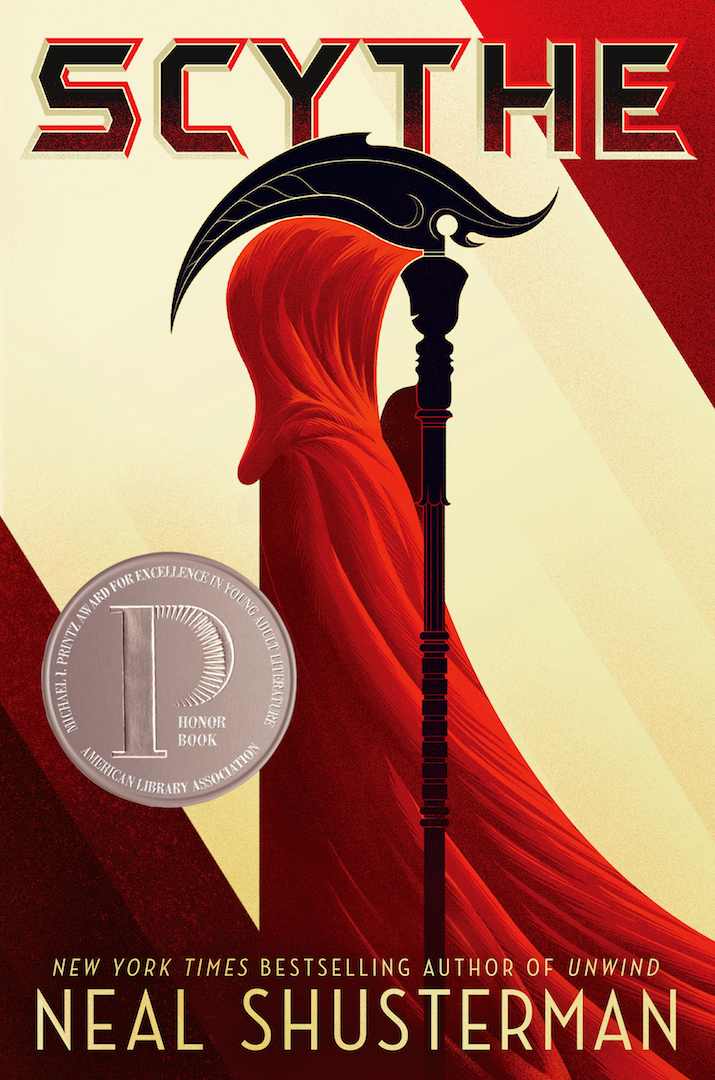Congrats! We’d love to know: how did you come up with the idea for Scythe?
After many years teen dystopia, I wanted to do something that flipped it upside down. Rather than a tale of a dystopian world, I thought “What would be the consequences of a truly perfect world?” A world without war, poverty, crime, or disease. A world where we’ve found solutions to all our problems, to the point of even conquering death. Then I realized that once we stole death from nature, we will have broken the circle of life. People would still have to die, but we would be obliged to be it’s sole distributor if death was no longer a natural consequence of life. I envisioned a world where a Jedi-like order — highly moral and ethical – was responsible for thinning the population. I called them scythes, because a scythe is the tool of a reaper, and these individuals are the tools of society. They do what they do not because they want to, but because they need to. Civilization requires it.
On a more personal note, I had come up with the idea in the wake of my own mother’s passing. She had suffered a series of devastating strokes that left her in a “locked in” state, and for almost a year was only minimally responsive. Her doctors gently advised us that we should consider letting her go, rather than forcing her to live on in this terrible state. My father and I discussed it, and we agreed it was the right thing to do. We both sat beside her, caring for her in her last days until she finally passed. The next story I felt compelled to write was one about people whose job was to end life with dignity, compassion and understanding. It wasn’t until after I had finished writing SCYTHE that I realized where my true motivation came from.
 Has your experience as a screen writer helped you as a writer (in general, or with this one in particular)?
Has your experience as a screen writer helped you as a writer (in general, or with this one in particular)?
I write very visually. I tend to see the book like a movie in my head. The great part about writing a novel, however, is that you can really get into the character’s minds, and you can use language in a way you can’t in films. I think that every medium you write in helps you become a better writer, and I love trying new types of writing. I’ve written games, I recently finished a graphic novel. And I tend to jump at opportunities to do something I’ve never done before.
Which book of yours do you consider your most successful book and why?
There are different kinds of success. The Unwind Books, as well as the first two books of the “Arc of a Scythe” trilogy really caught the pulse of society, and so I feel they’re among my most successful. Then there’s Challenger Deep, which I feel was a great personal triumph, because it was inspired by my eldest son’s experiences with Mental Illness. The fact of it winning the National Book Award was more than just an honor – it was a validation of what our family had been through, and that, by sharing it, we put something into the world that speaks to a crucial issue.
The creation of a film is a collaborative process, and it’s only as good as its weakest links. So, of course, there are always concerns – but the bottom line is that everyone involved, from the producers, to the studio, to the writers love the project and are committed to making the best possible film. I know they’ll choose a director that has the same passion, and I have faith that they’ll cast it well. I’m involved in the process, giving notes on the script, and suggestions along the way. I don’t have any sort of control—it’s very rare than an author does—but I know that my ideas and comments are taken seriously. I’m optimistic that the film will capture the soul of the book—and that’s what you want, really. Even if things are changed, if you walk out of the movie feeling the same way you felt when you read the book, then it’s a successful adaptation!
 If you don’t mind telling us, what’s next for you?
If you don’t mind telling us, what’s next for you?
I’ve recently completed a novel with my son, Jarrod, that deals with the world’s water crisis. Southern California, where we live, is running out of water – our story called DRY – is a survival thriller that takes place during the first week that the water completely runs out. It’s being published in October, it’s already sold to Paramount as a feature film, and we’re writing the script. Also in the works is the graphic novel I mentioned before Courage to Dream, which deals with the Holocaust, and, of course, the third book in the “Arc of a Scythe” trilogy, which will be entitled The Toll.
Thank you, Neal, for your time!
You can find Neal at his webpage, or on Twitter, Facebook, Tumblr, Instagram, or YouTube.

